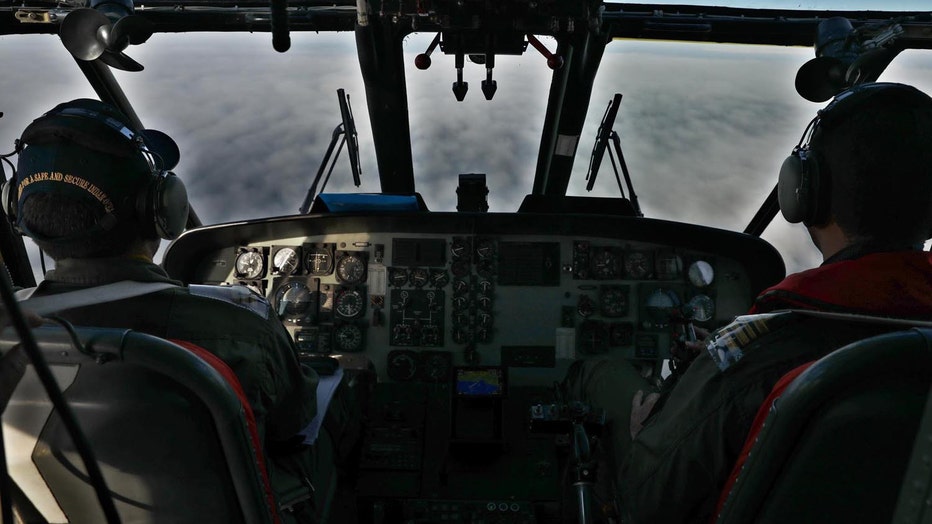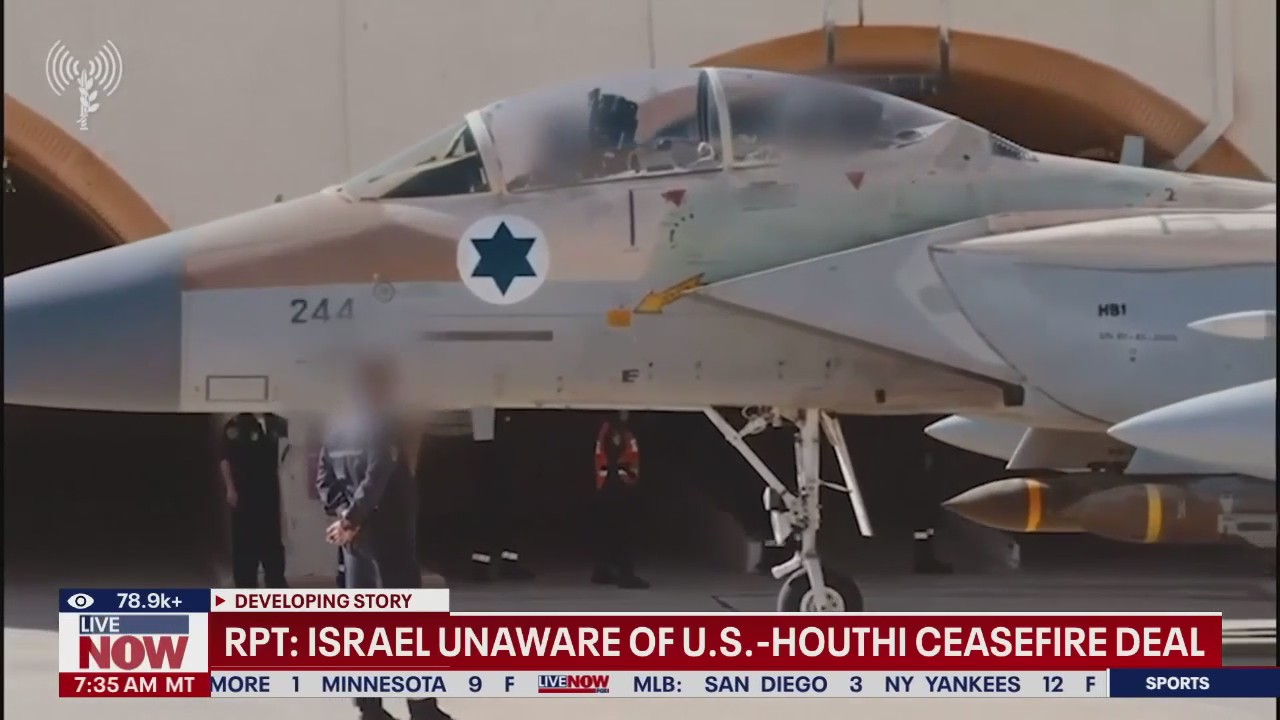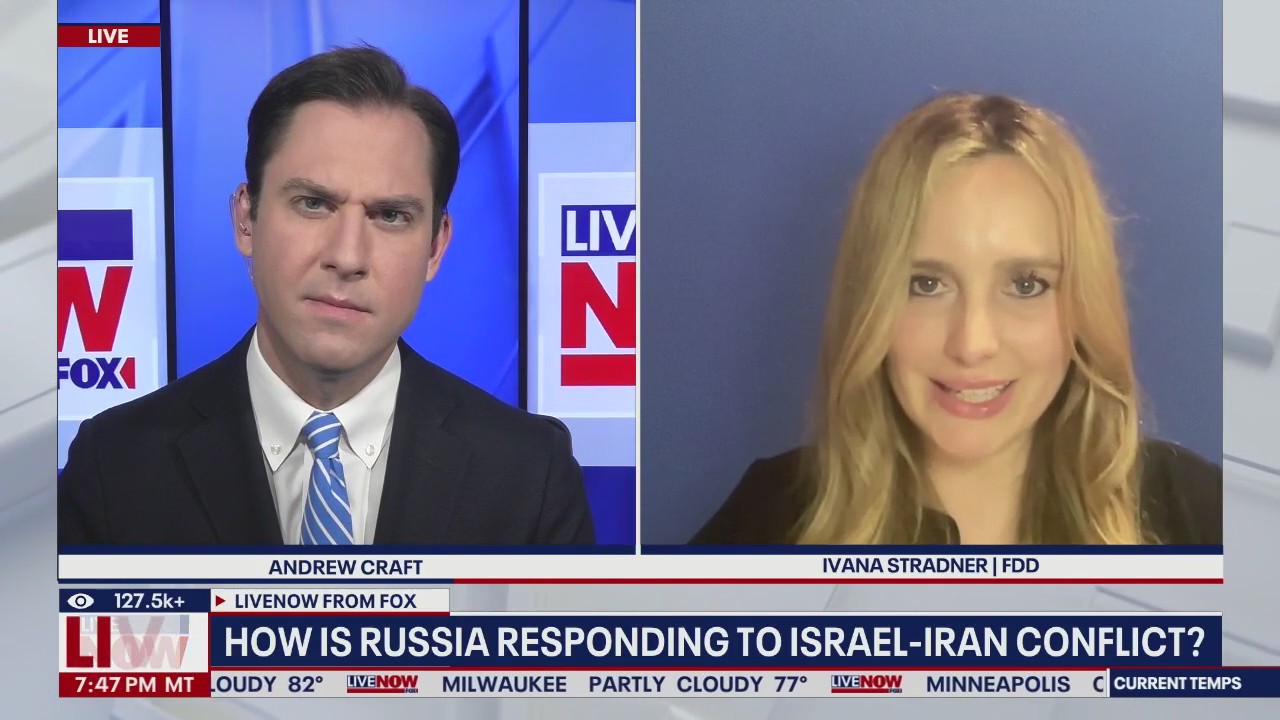Who are Iran's allies?

U.S. bombs Iran nuclear sites
As tensions rise following U.S. military strikes on Iran’s nuclear sites, questions remain about how Iran may respond and what this means for regional stability. Alireza Jafarzadeh, author of "The Iran Threat," joins LiveNOW from Fox’s Carel Lajara to discuss the latest developments and what could come next.
As Iran weighs potential retaliation for U.S. attacks on its nuclear sites, its allies in the Middle East have remained largely silent in offering support.
The U.S. attacks came after a week of open conflict between Israel and Iran, sparked by Israel’s sudden barrage of attacks against Iran’s nuclear and military structure.
In his address to the nation Saturday following U.S. airstrikes, President Donald Trump referred to Iran as "the world’s number one state sponsor of terror." But Iran relies on a network of paramilitary groups across the Middle East, and that network’s influence has greatly diminished in recent years.
RELATED: These are the weapons the US launched against Iran
Who are Iran’s allies?
Dig deeper:
According to The Conversation, Iran’s so-called "axis of resistance" includes several groups. These include Hezbollah in Lebanon, the Popular Mobilisation Forces (PMF) in Iraq, the Houthi rebels in Yemen, Hamas in Gaza, and Bashar al-Assad’s regime in Syria before he was ousted last year.
Iran also has a "strategic partnership" with Russia.

Navies of Russia, China and Iran take part in the Maritime Security Belt 2025 joint naval exercise at Gulf of Oman in Oman on October 10, 2024. (Photo by Iranian Army/Anadolu via Getty Images)
Hezbollah
Israel’s repeated attacks on Hezbollah in Lebanon have dealt big blows to Hezbollah’s weapons supply and strategic power: Their most influential leader, Hassan Nasrallah, was assassinated.
PMF in Iraq
The PMF in Iraq still has an estimated 200,000 fighters, according to The Conversation, and it had threatened to "target US interests" in the Middle East if it got involved in the Israel-Iran conflict, according to the Long War Journal.
Houthi rebels

U.S.-Houthi ceasefire deal does not include Israel
A ceasefire deal between Yemen's Houthis and the U.S. does not include sparing Israel, the group said in May, suggesting its shipping attacks that have disrupted global trade and challenged world powers will not come to a complete halt. LiveNOW from FOX host Josh Breslow spoke to executive director at Foundation for Defense of Democrats, Jonathan Schnazer on the latest.
The Houthis are a powerful rebel group in Yemen with ties to Iran and a history of attacking U.S. and allied interests.
The Houthis began targeting commercial ships in the Red Sea following the October 7 Hamas attack on Israel. Using drones and missiles, they struck over 100 vessels, killing four sailors and sinking two ships.
RELATED: Who are the Houthi rebels and why is the US targeting them?
The attacks disrupted global shipping routes and prompted the U.S. and U.K. to begin joint airstrikes in early 2024.
On Saturday, the Houthis said they would attack U.S.-associated ships if America attacked Iran.
Syrian militias
Iran-backed militias in Syria have been largely eliminated after Assad’s regime was toppled. Syrian militias were a key stronghold for Iran in the Middle East before they were expelled.
Russia

Russia's Middle East balancing act
For decades, Russia has walked a fine line in the Middle East, fostering strong economic and military ties with Iran while simultaneously maintaining warm relations with Israel. LiveNOW’s Andrew Craft interviews Dr. Ivana Stradner, a research fellow at FDD's Barish Center for Media Integrity. The discussion focuses on Russia's potential role in light of new conflicts involving Iran.
Russia and Iran aren’t formal allies, but they "enjoy a strategic partnership," Iran’s Foreign Minister Abbas Araghchi says.
Araghchi, responding to a question from a Russian outlet, said he’ll travel to Moscow later on Sunday to meet with President Vladimir Putin, after the U.S. struck Iranian nuclear sites.
"We enjoy a strategic partnership and we always consult with each other and coordinate our positions," he said, referring to Russia.
The Source: This report includes information from The Conversation, the Long War Journal, the Associated Press and previous LiveNow from FOX reporting. FOX's Austin Williams contributed.

